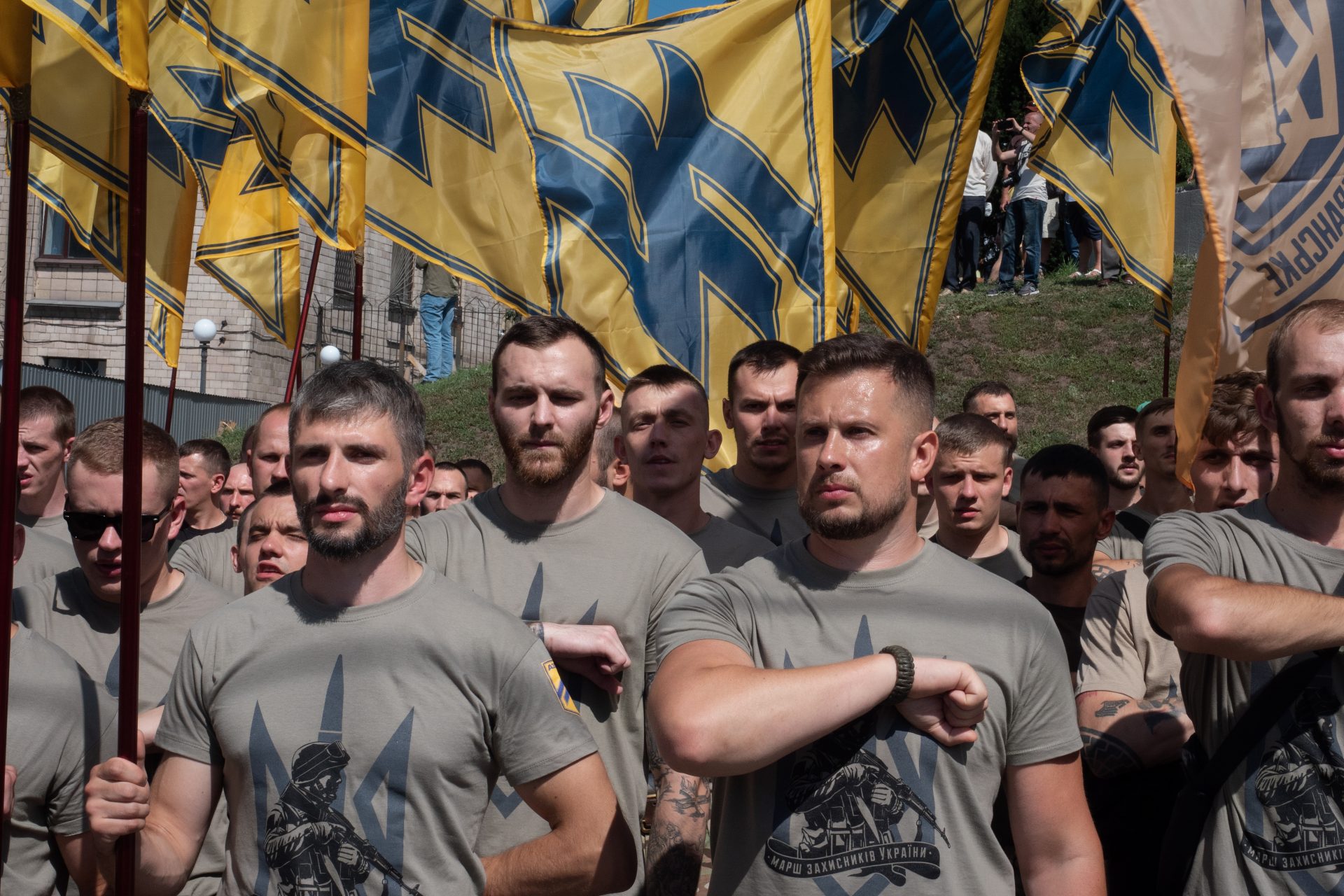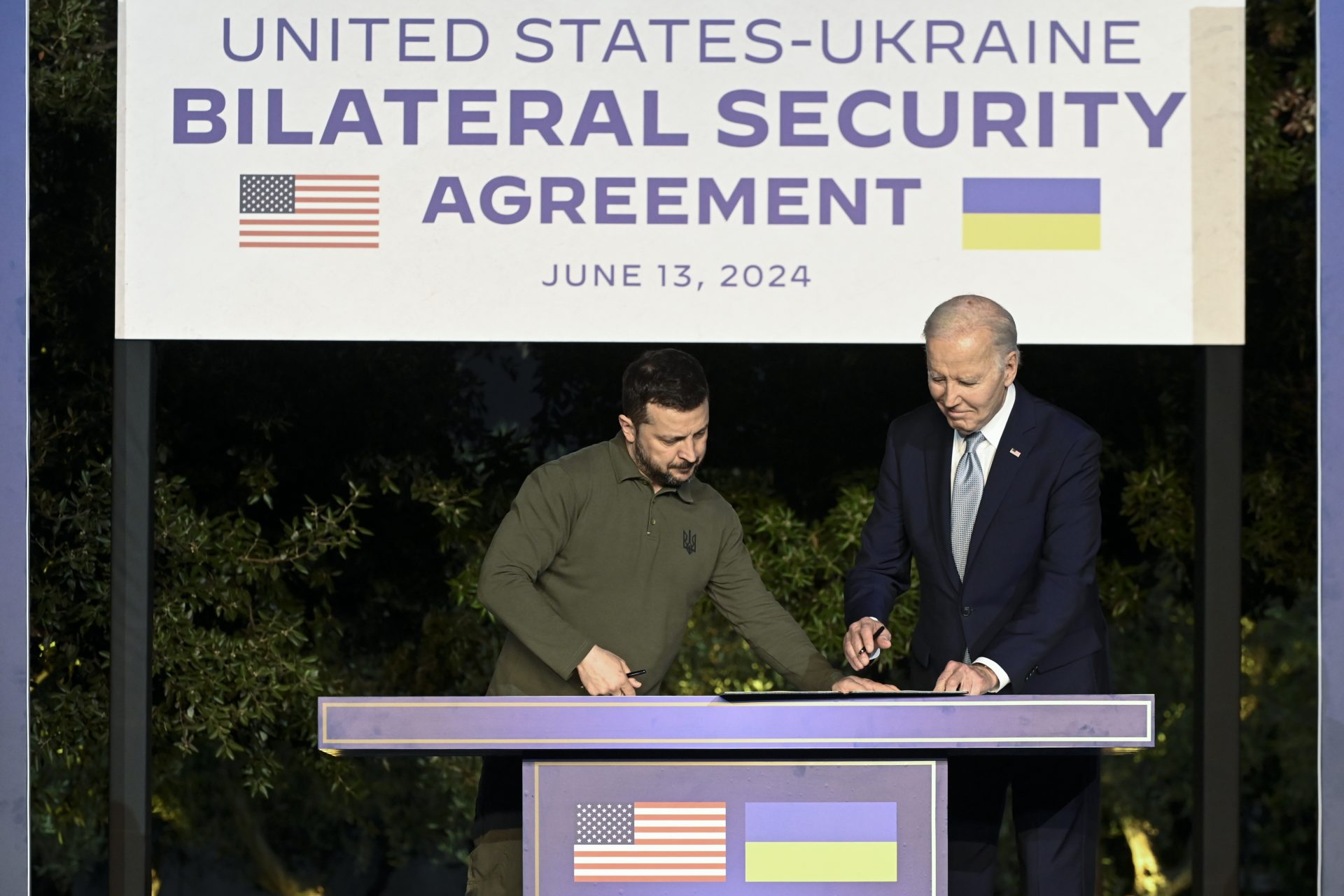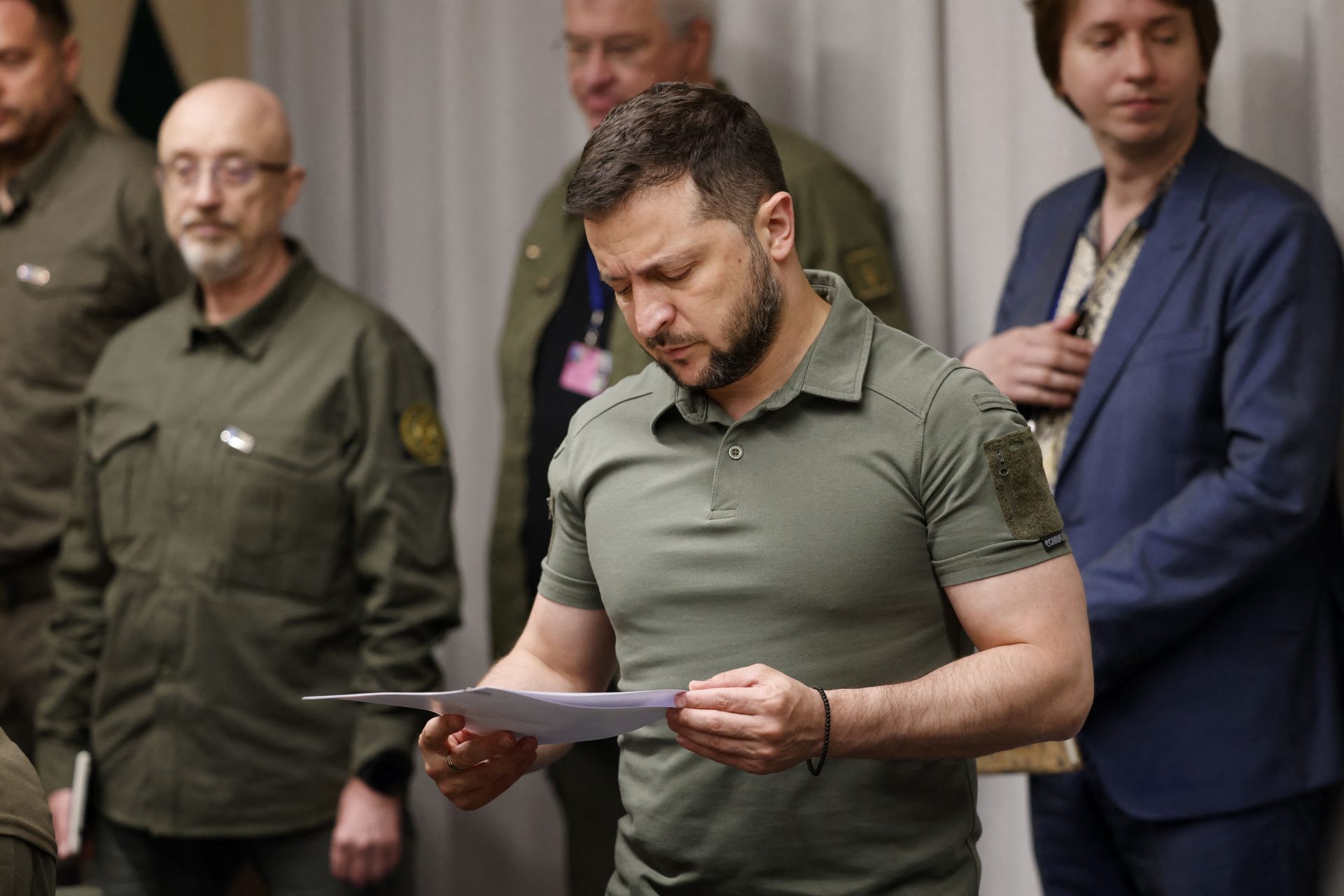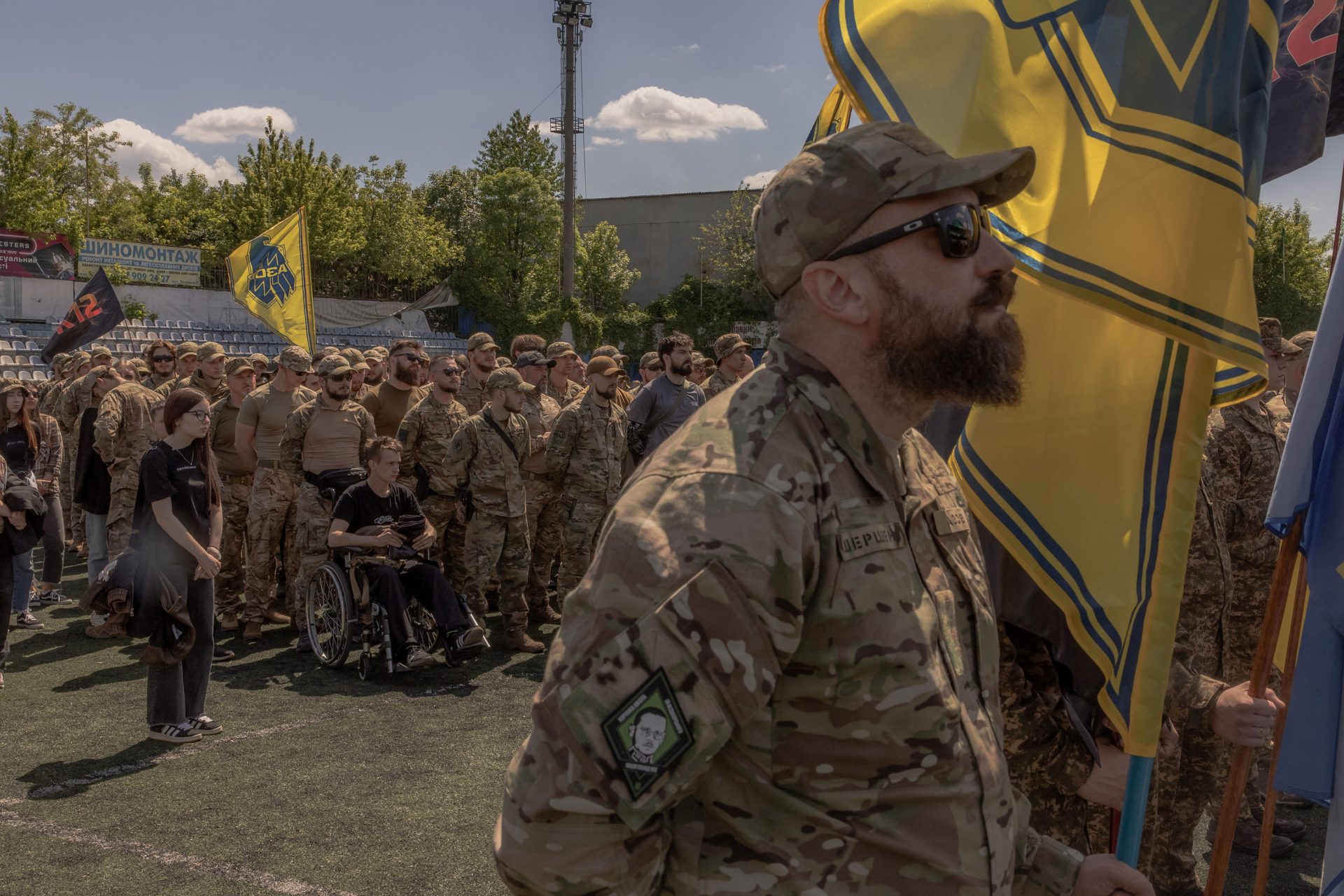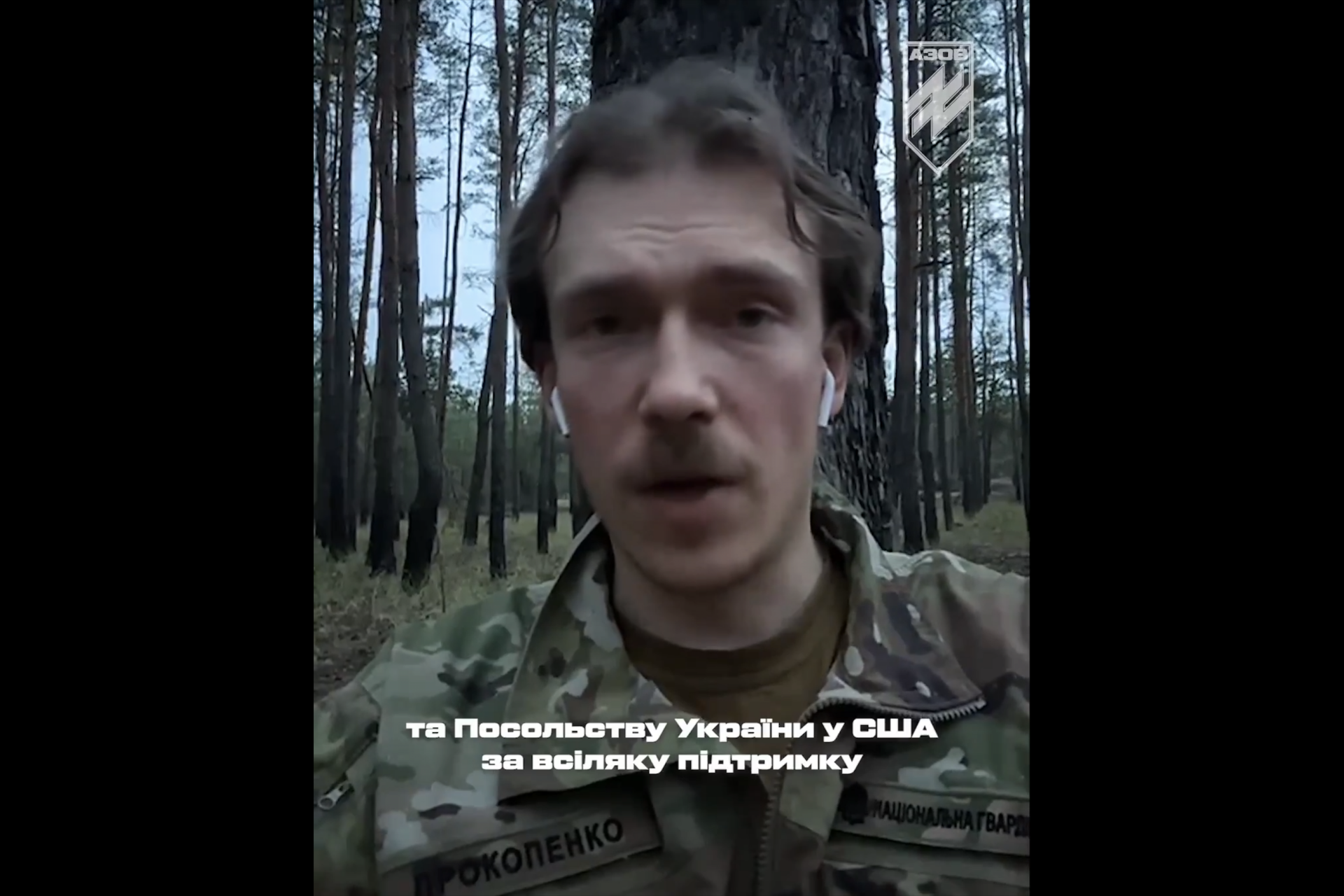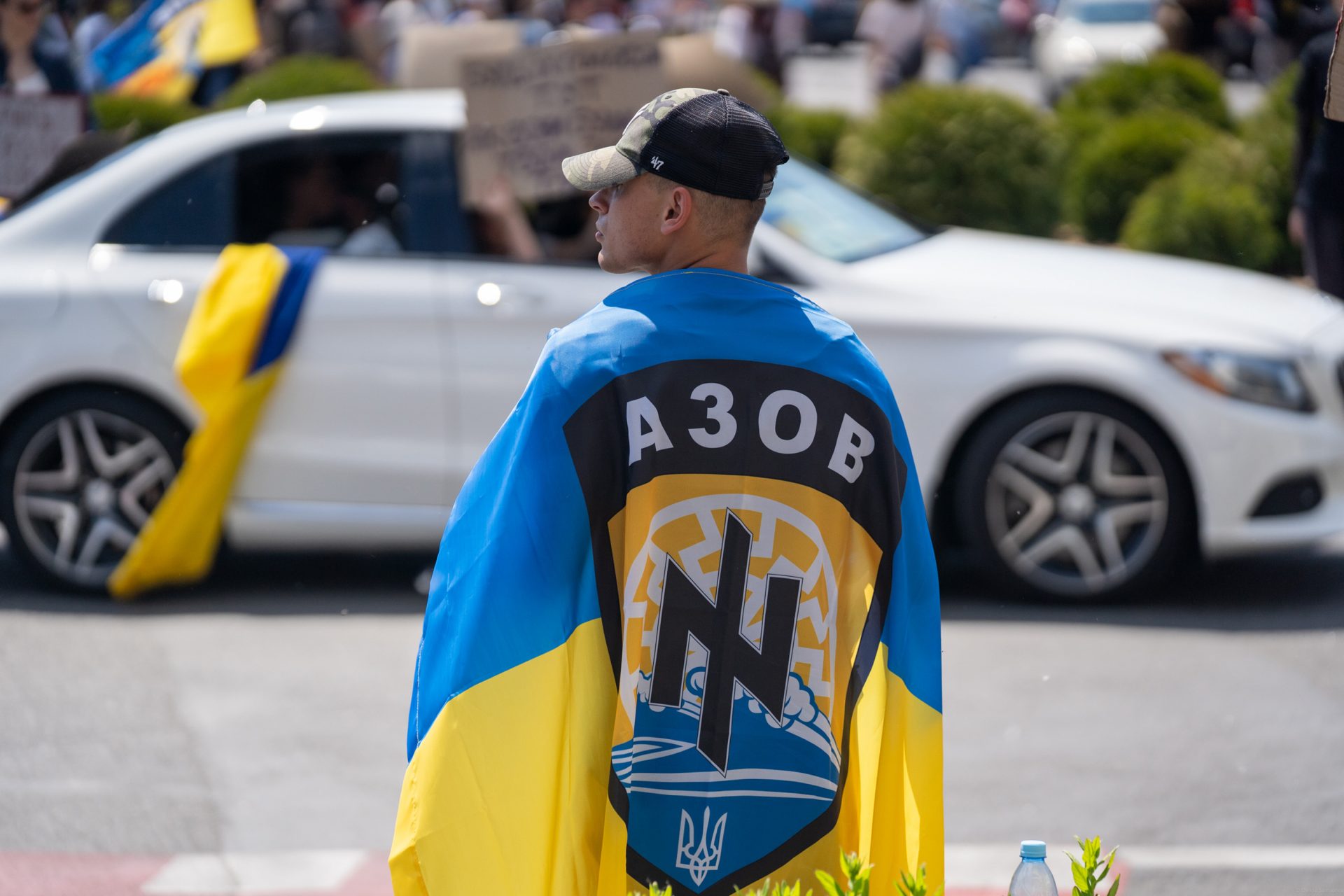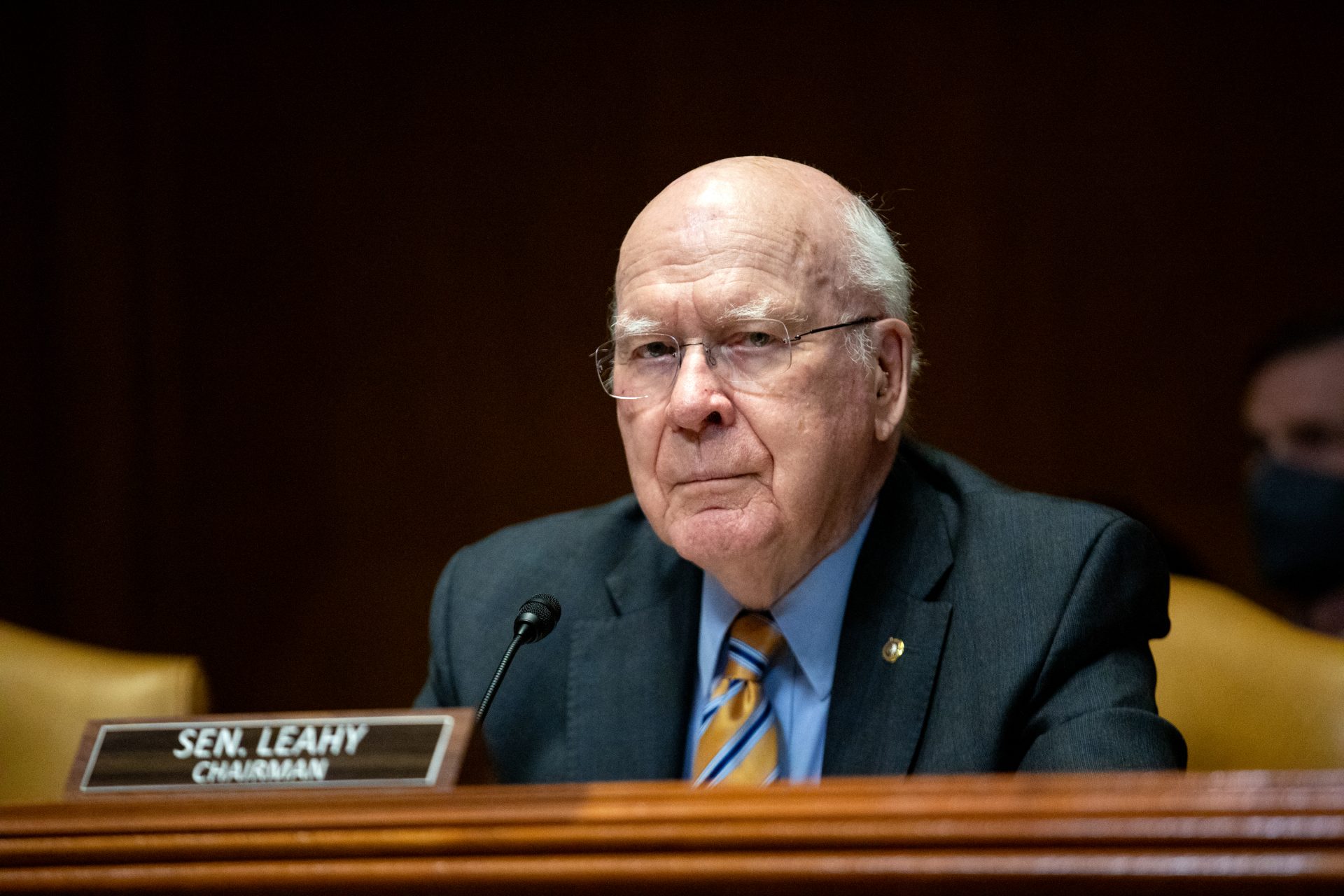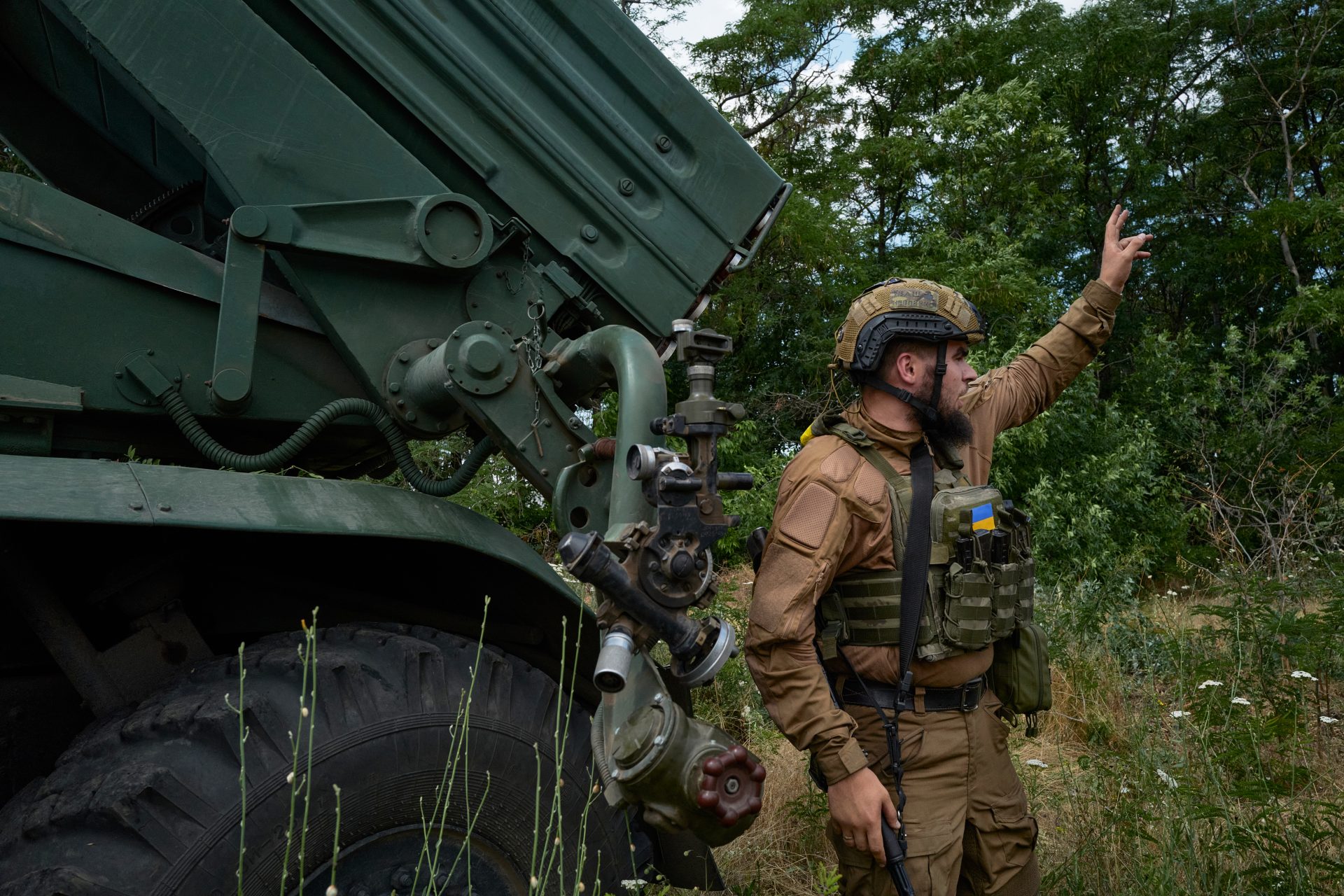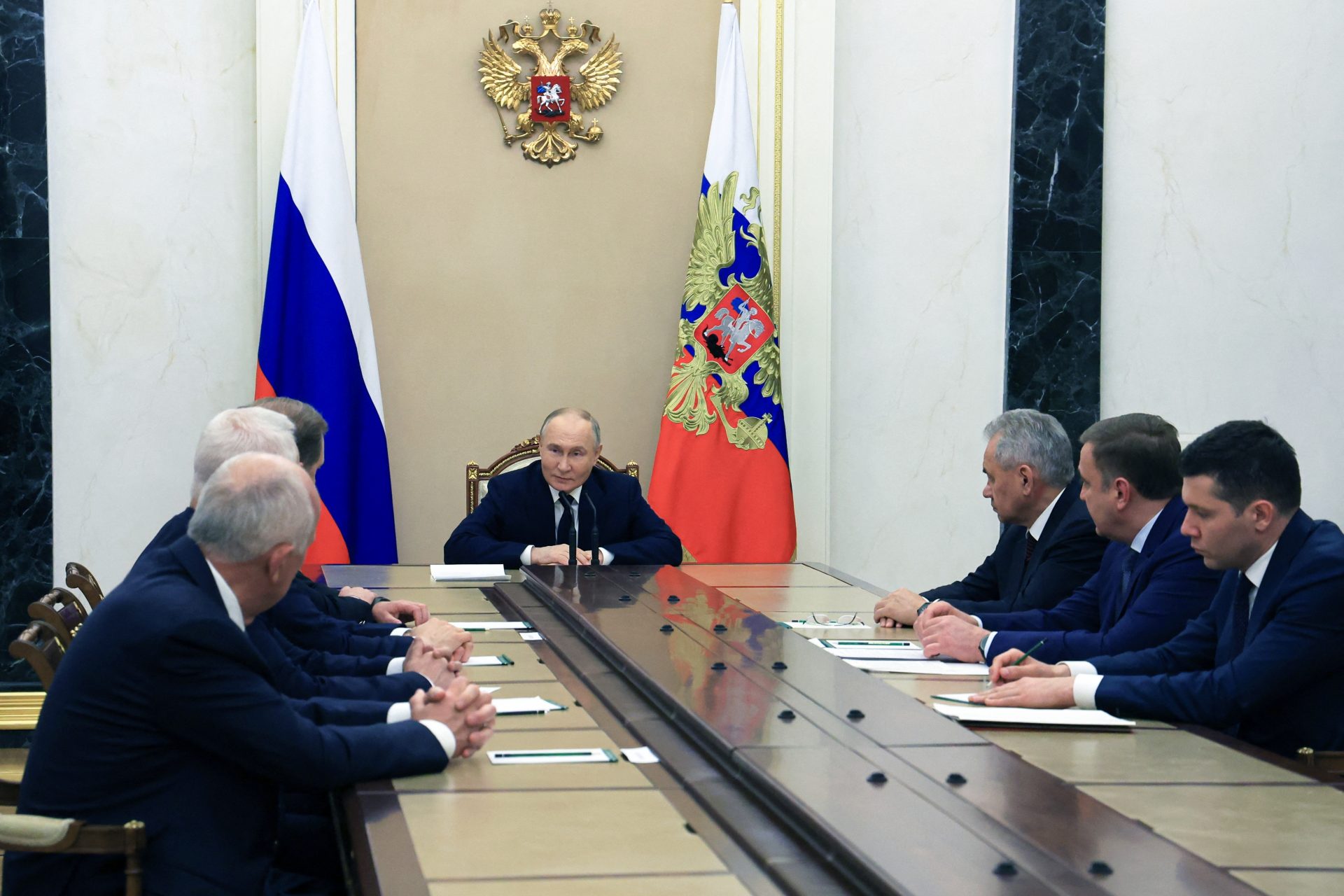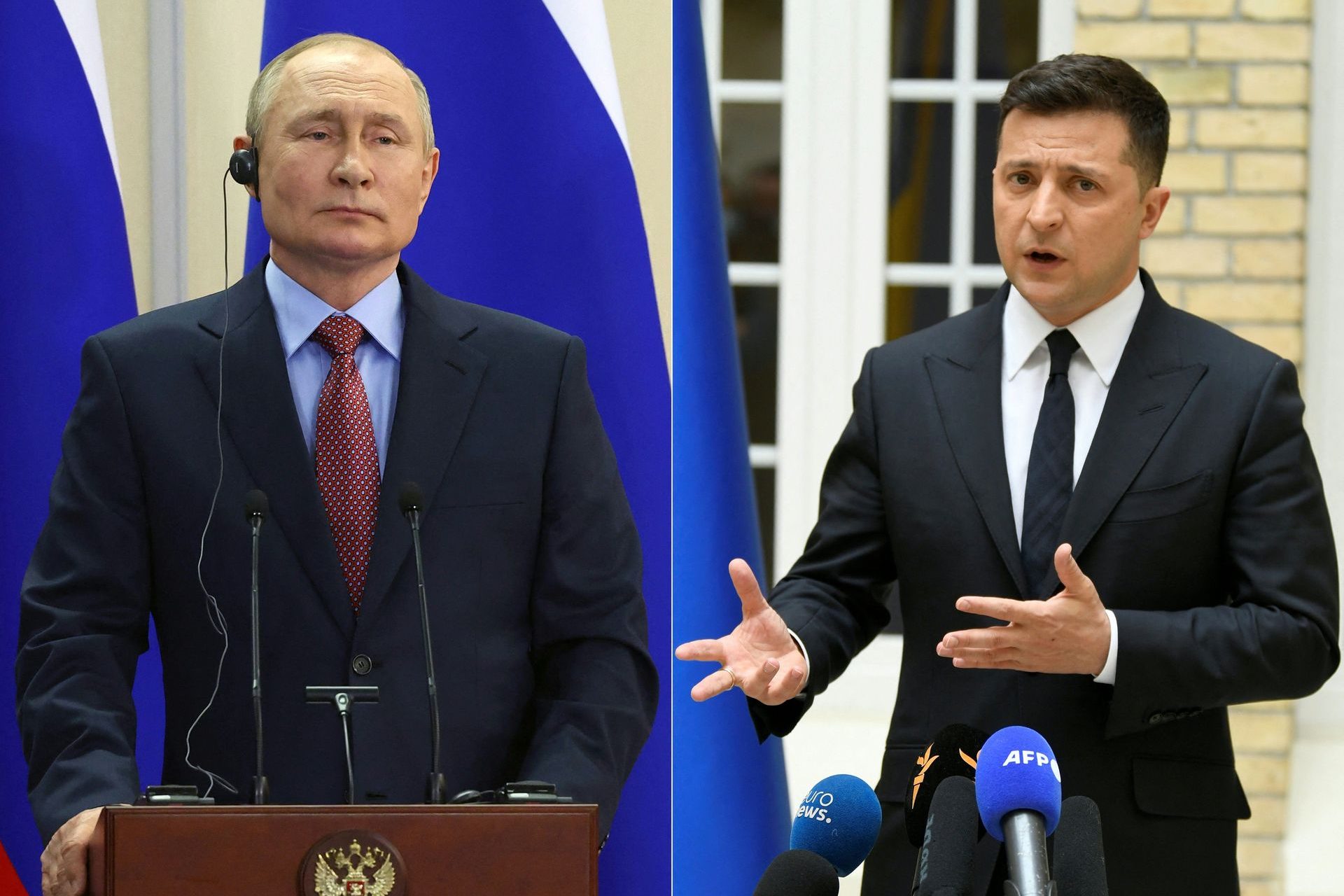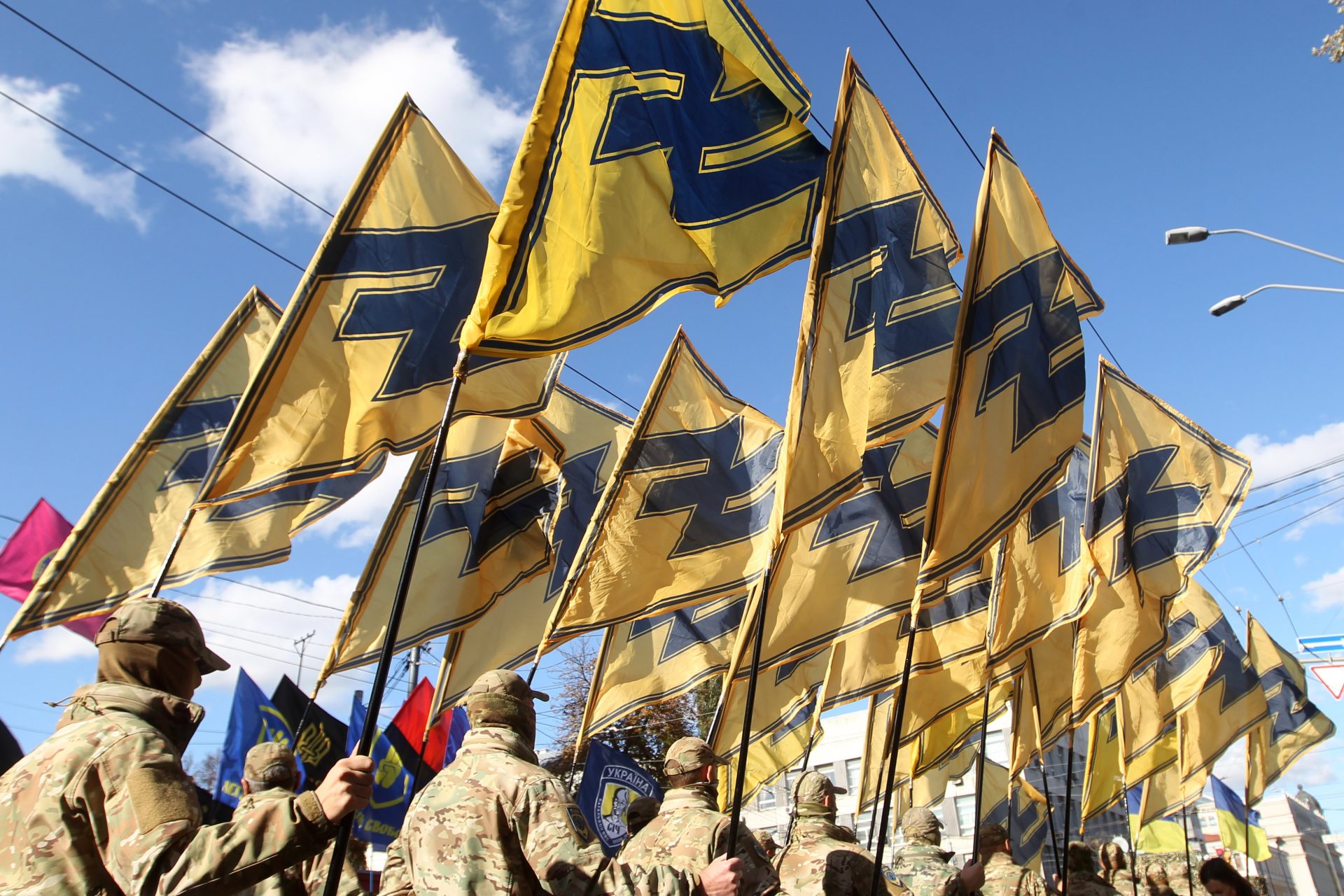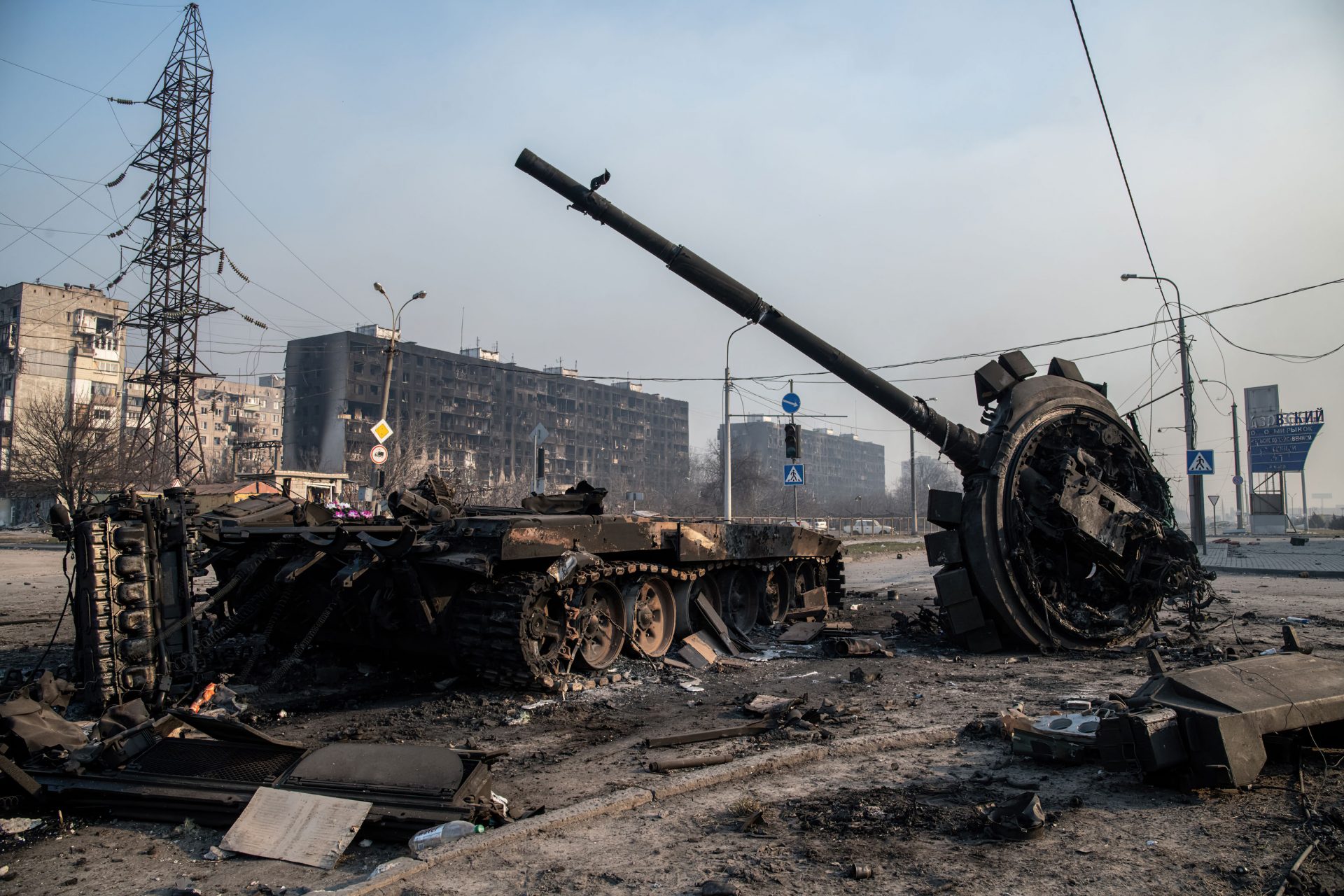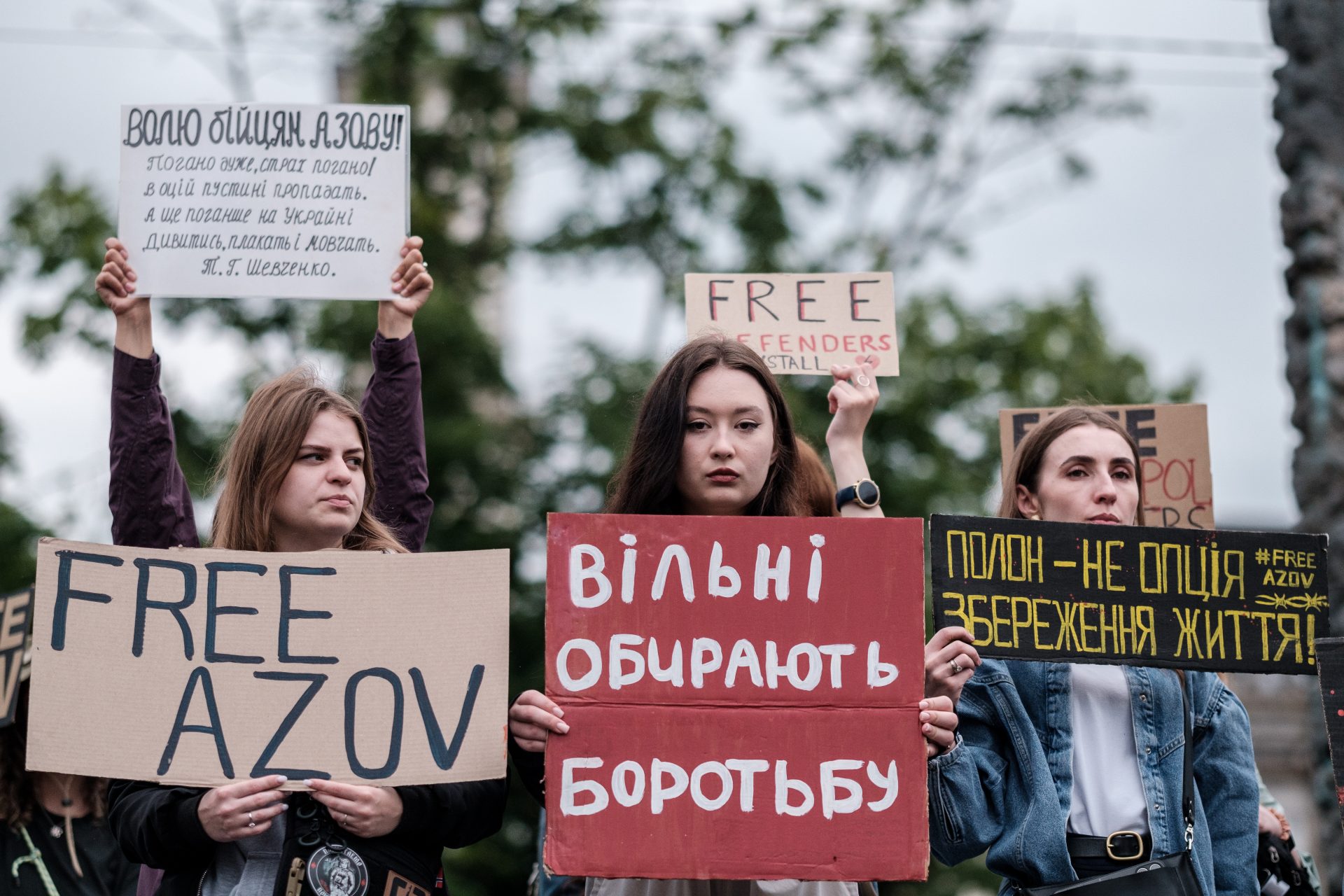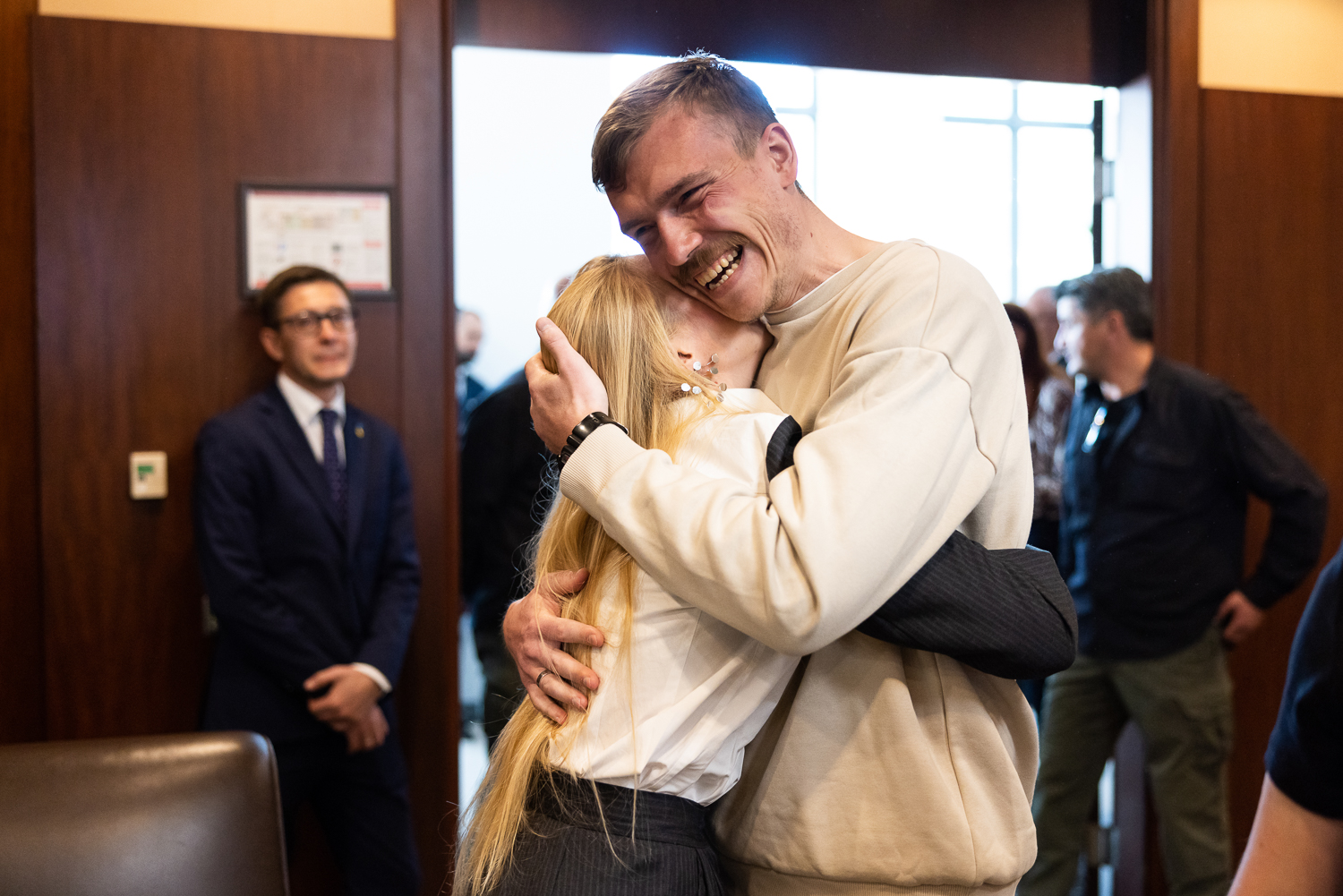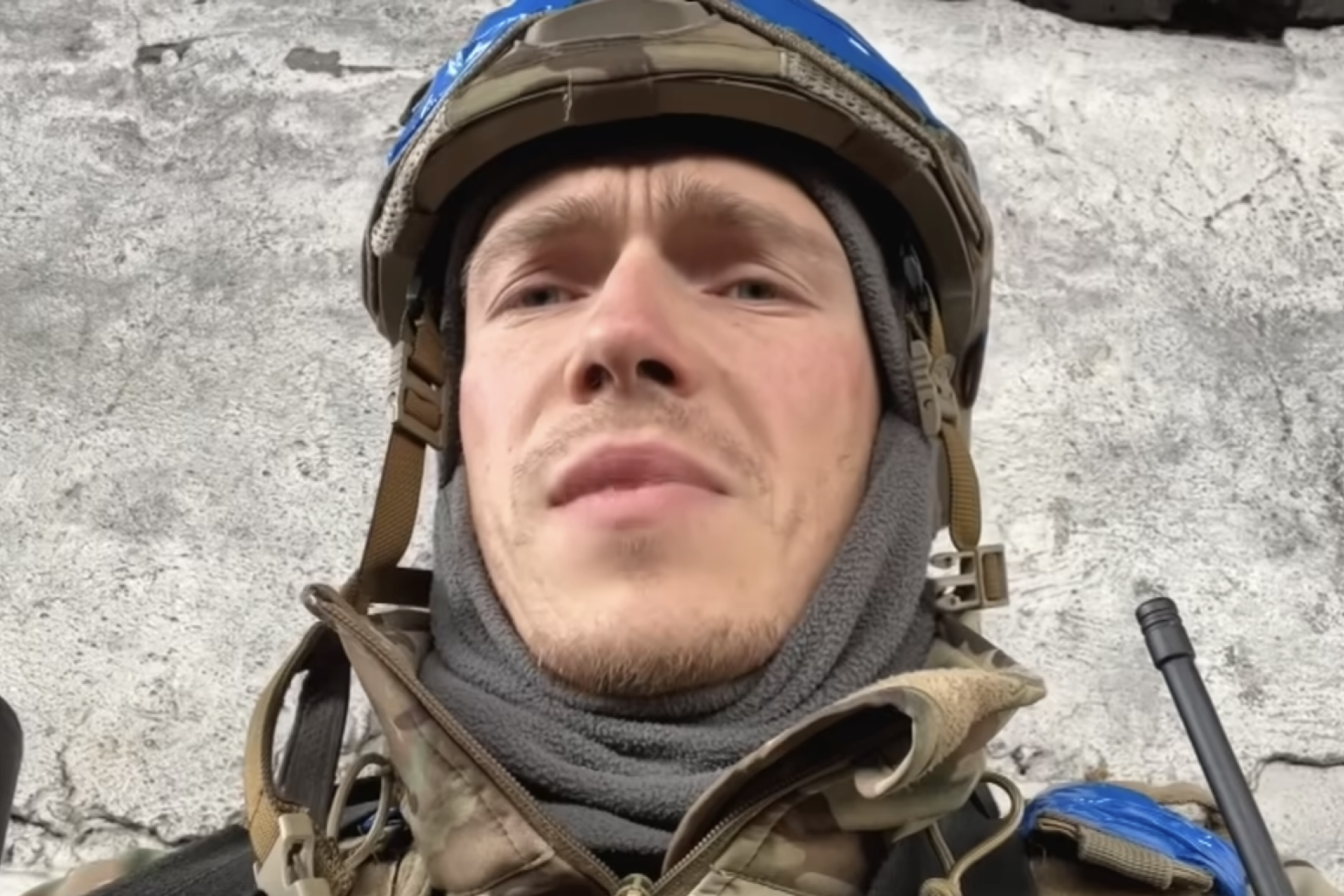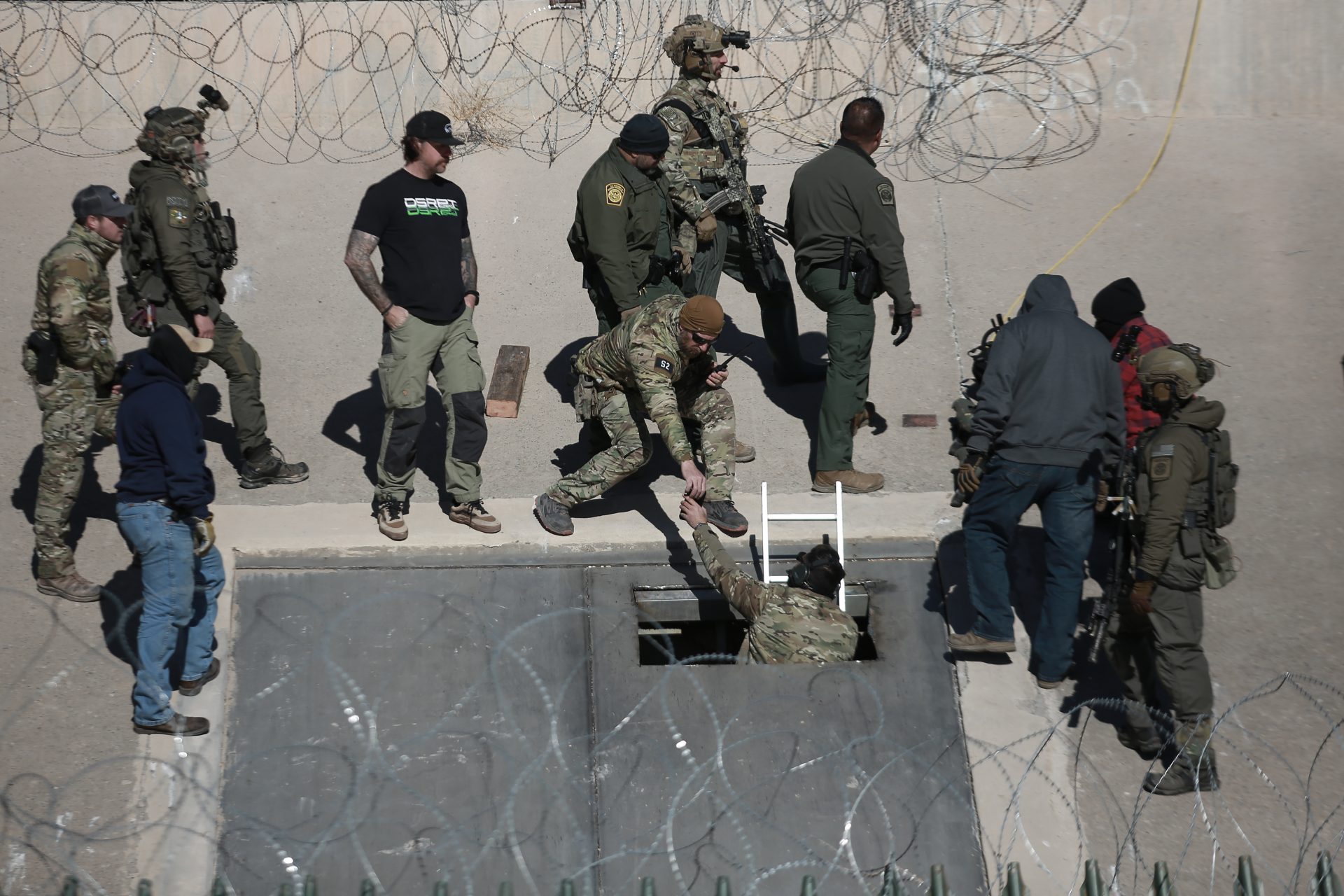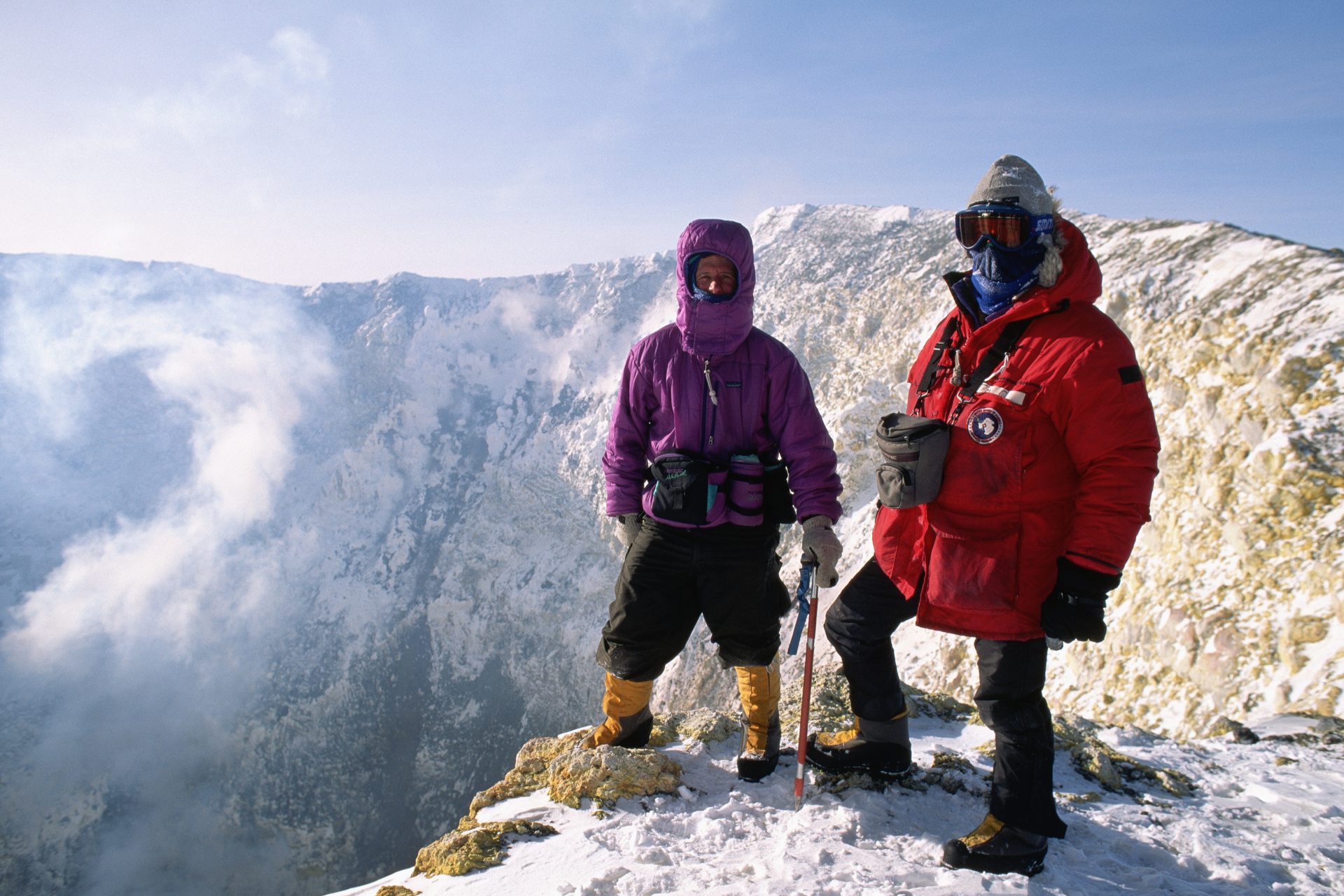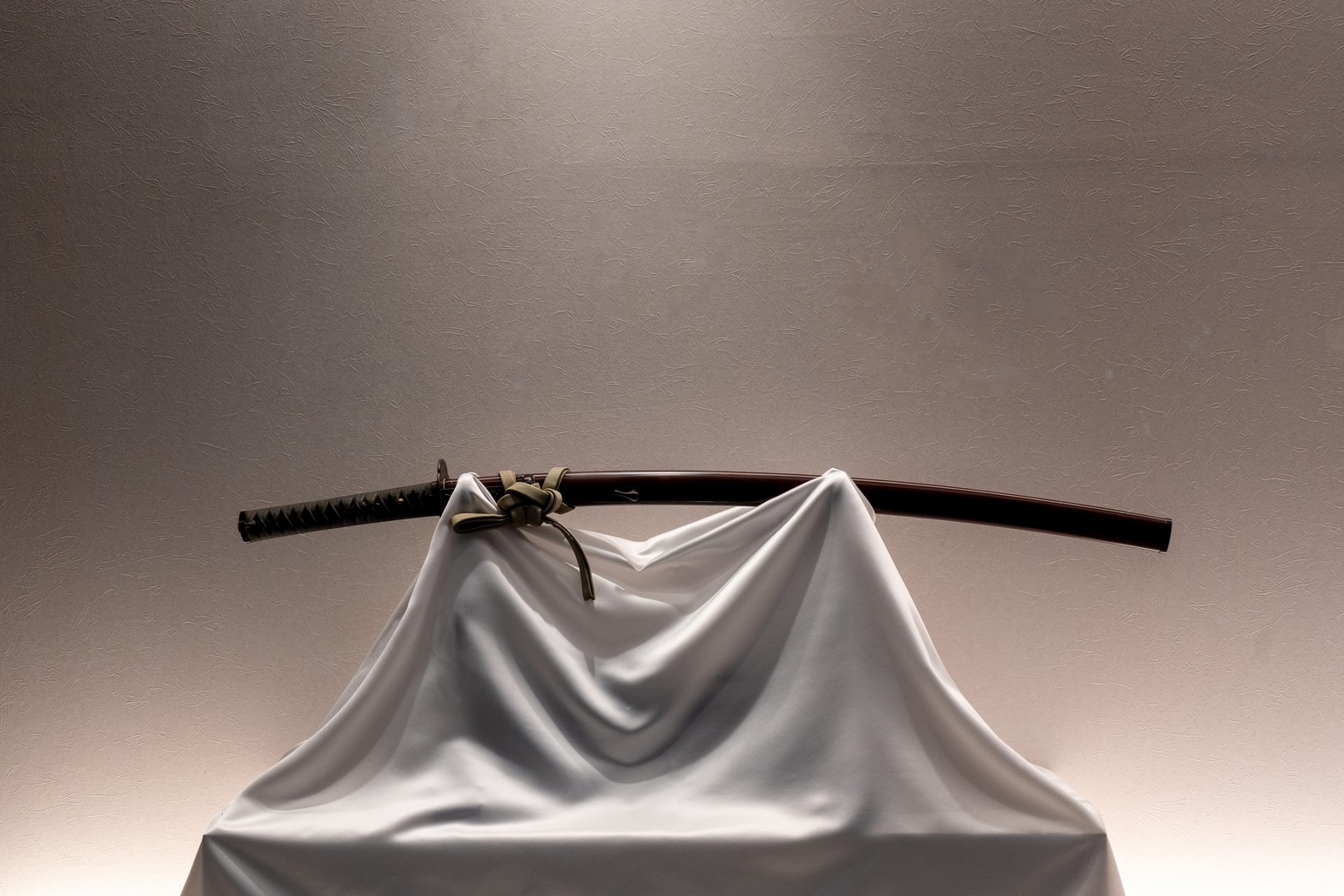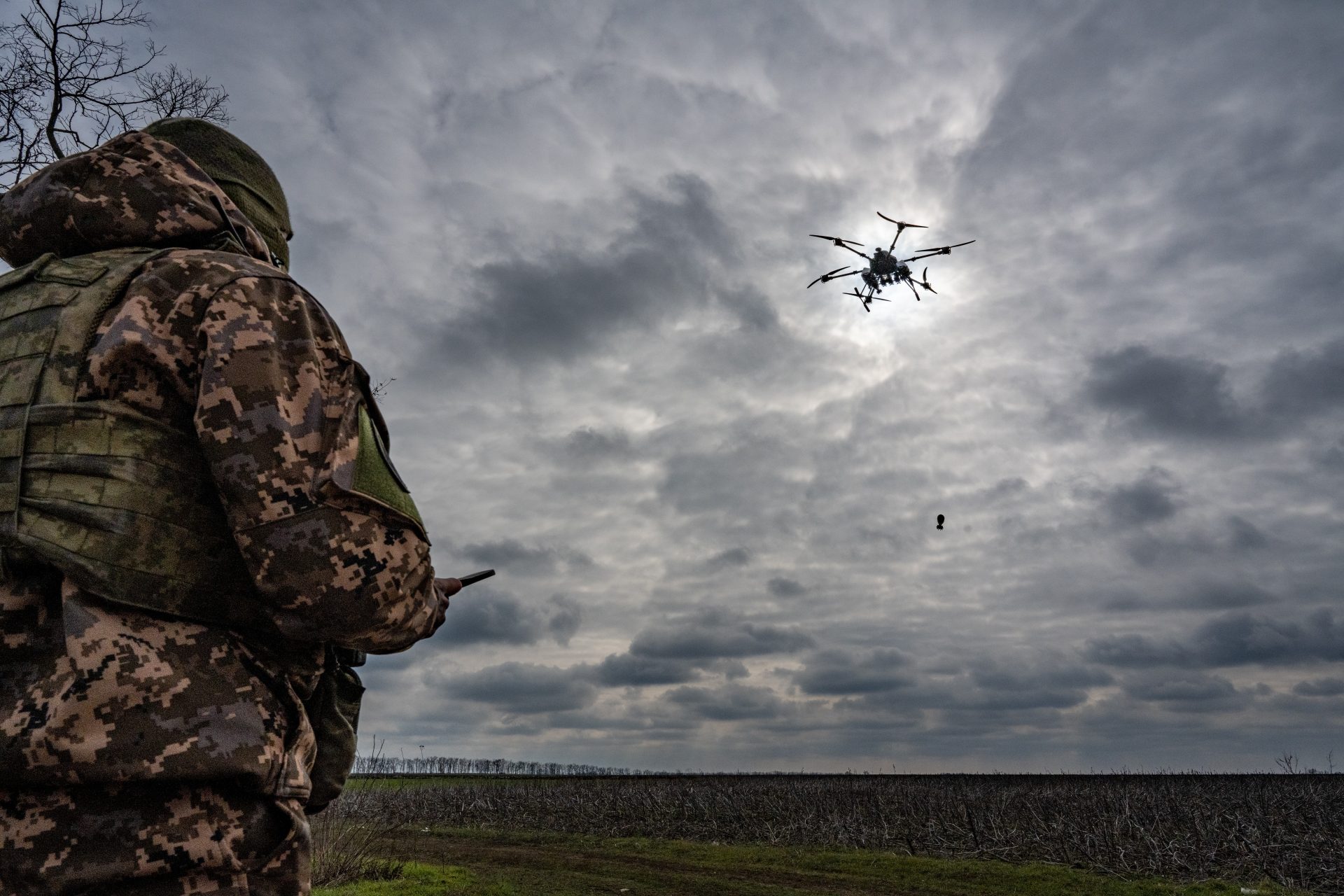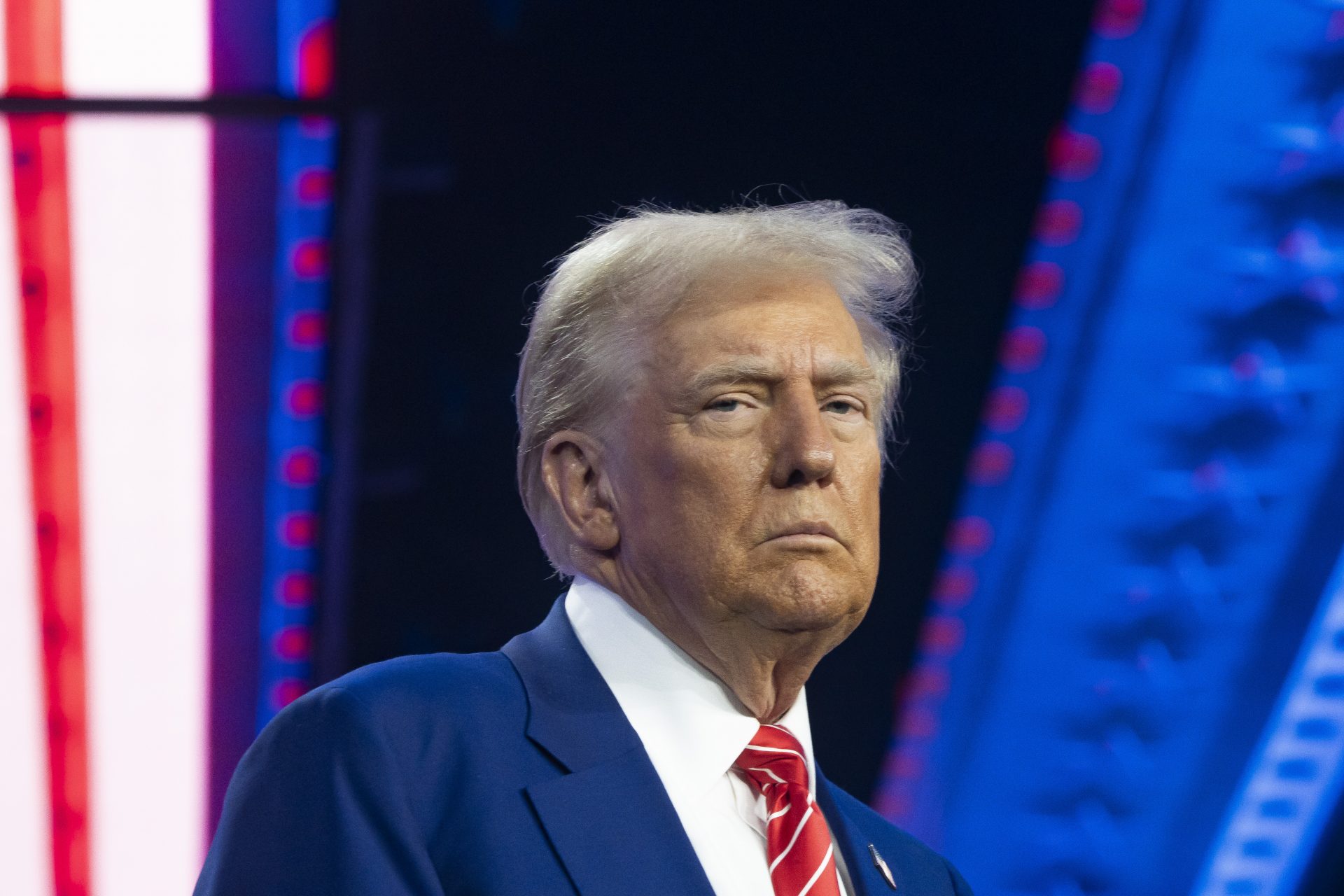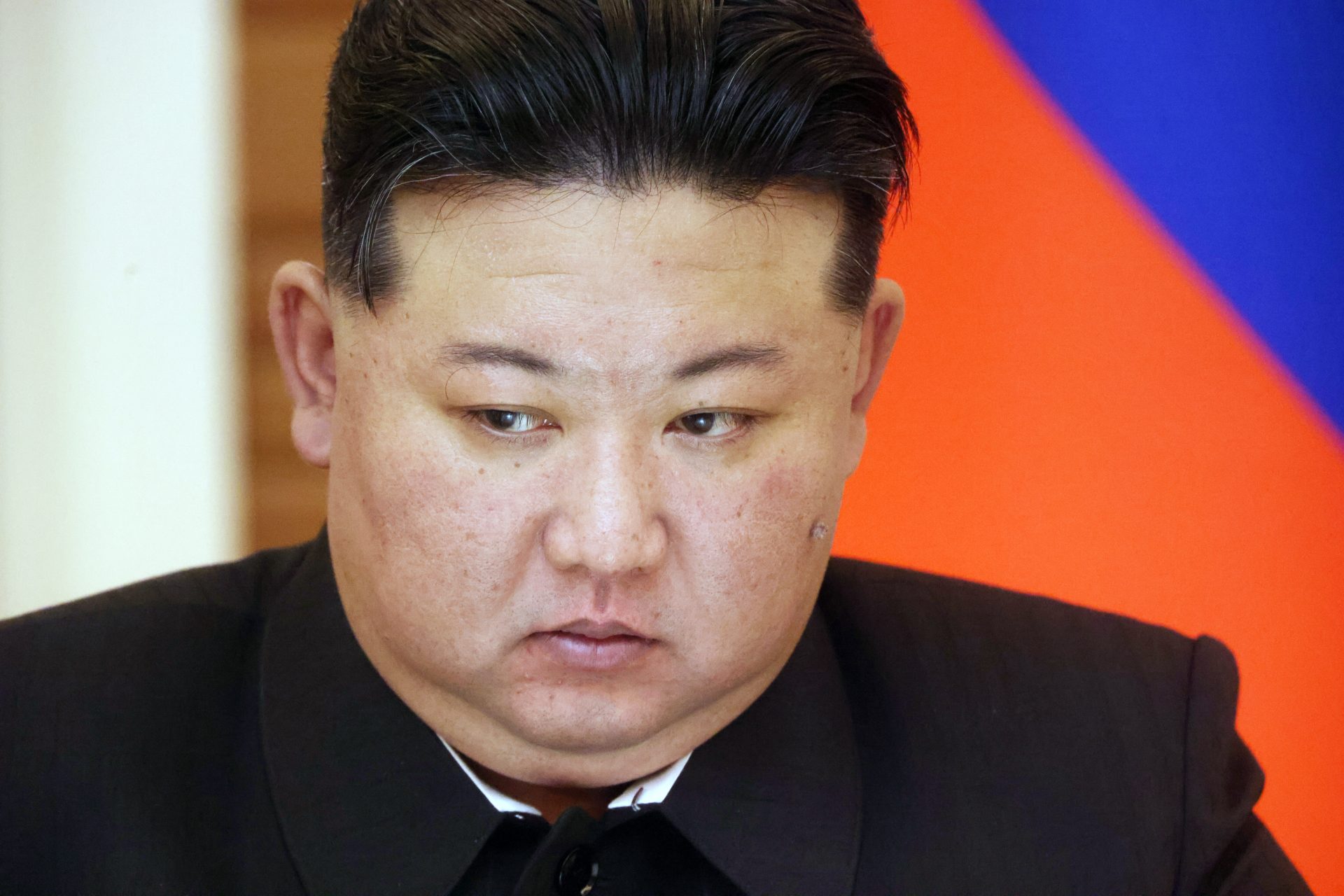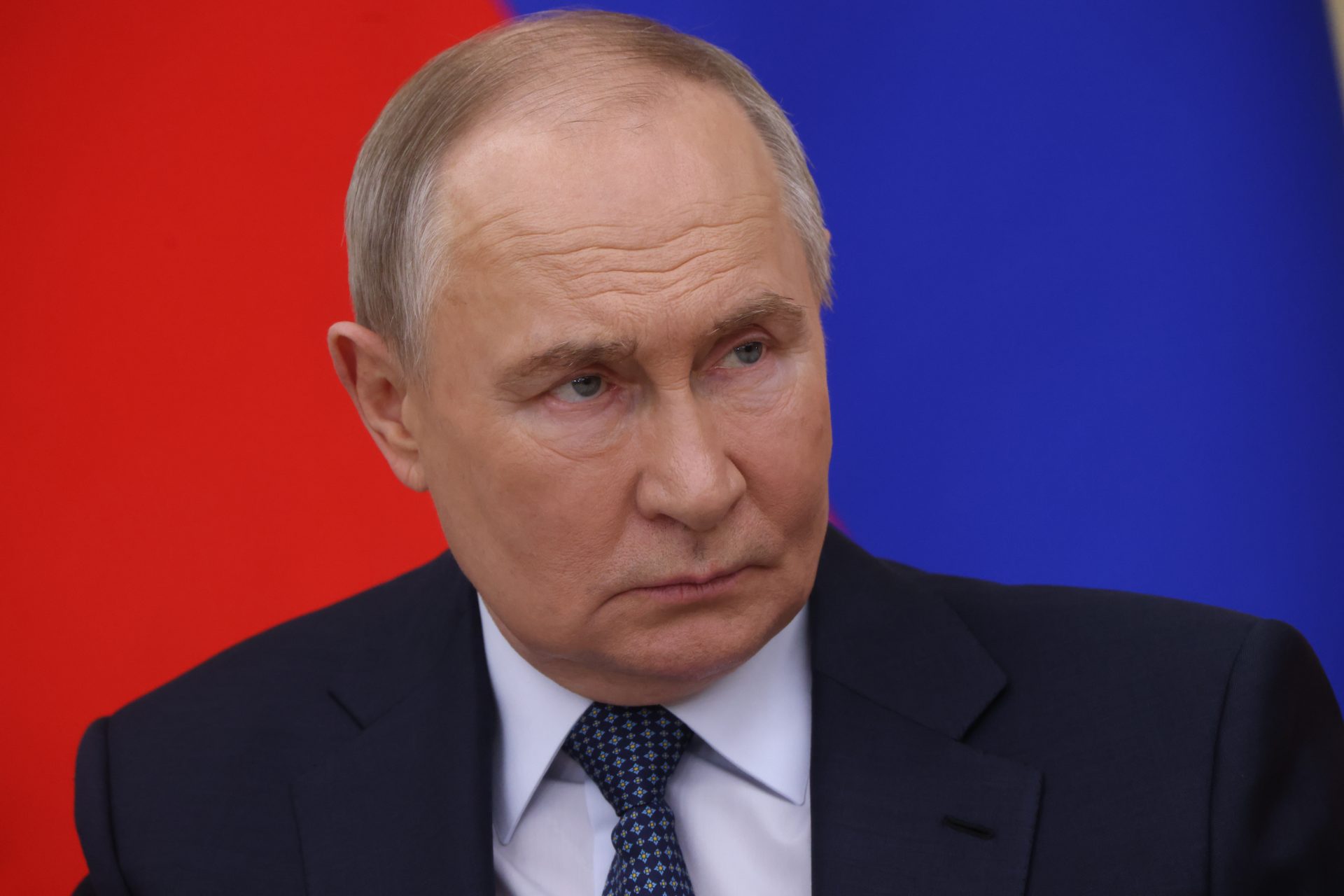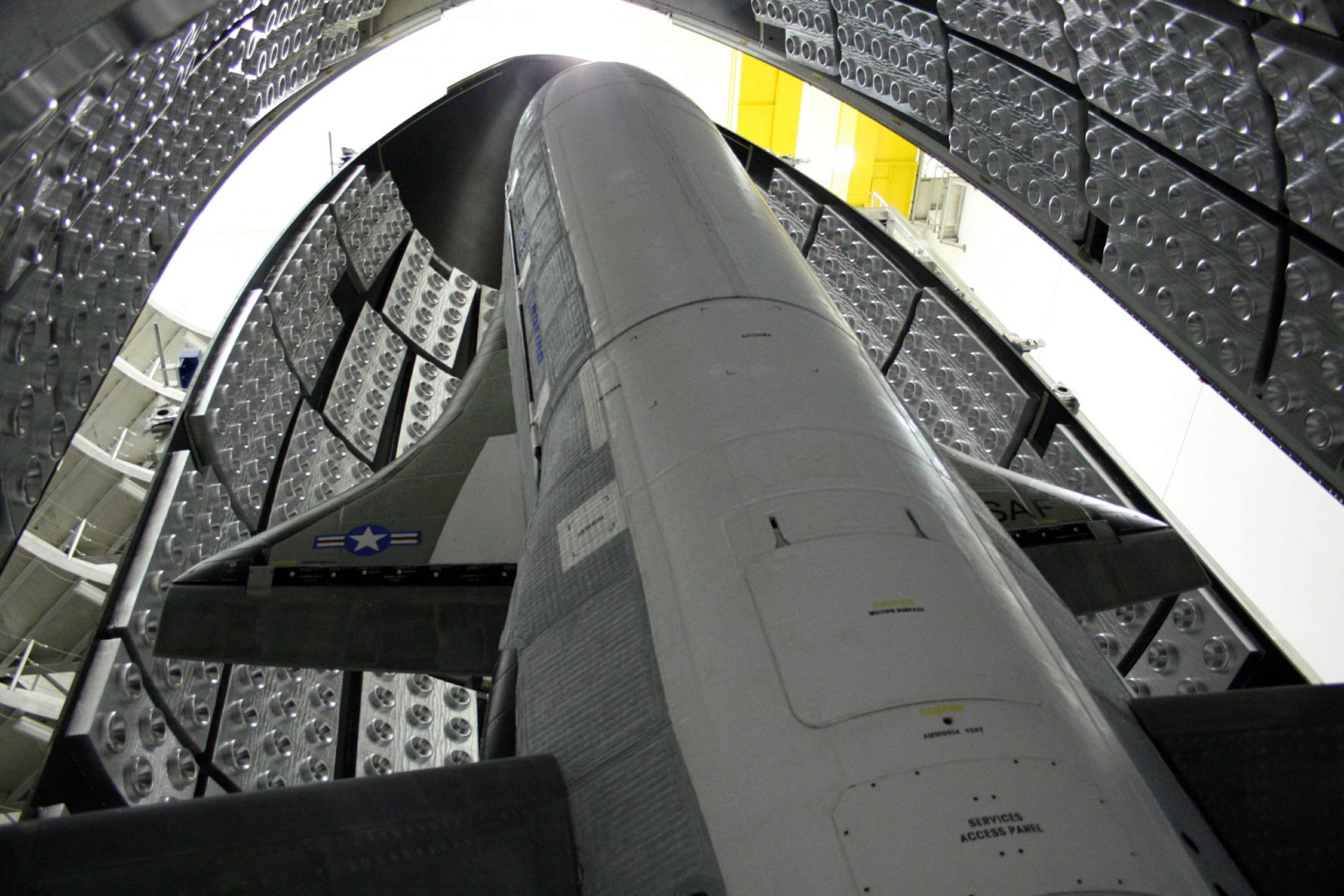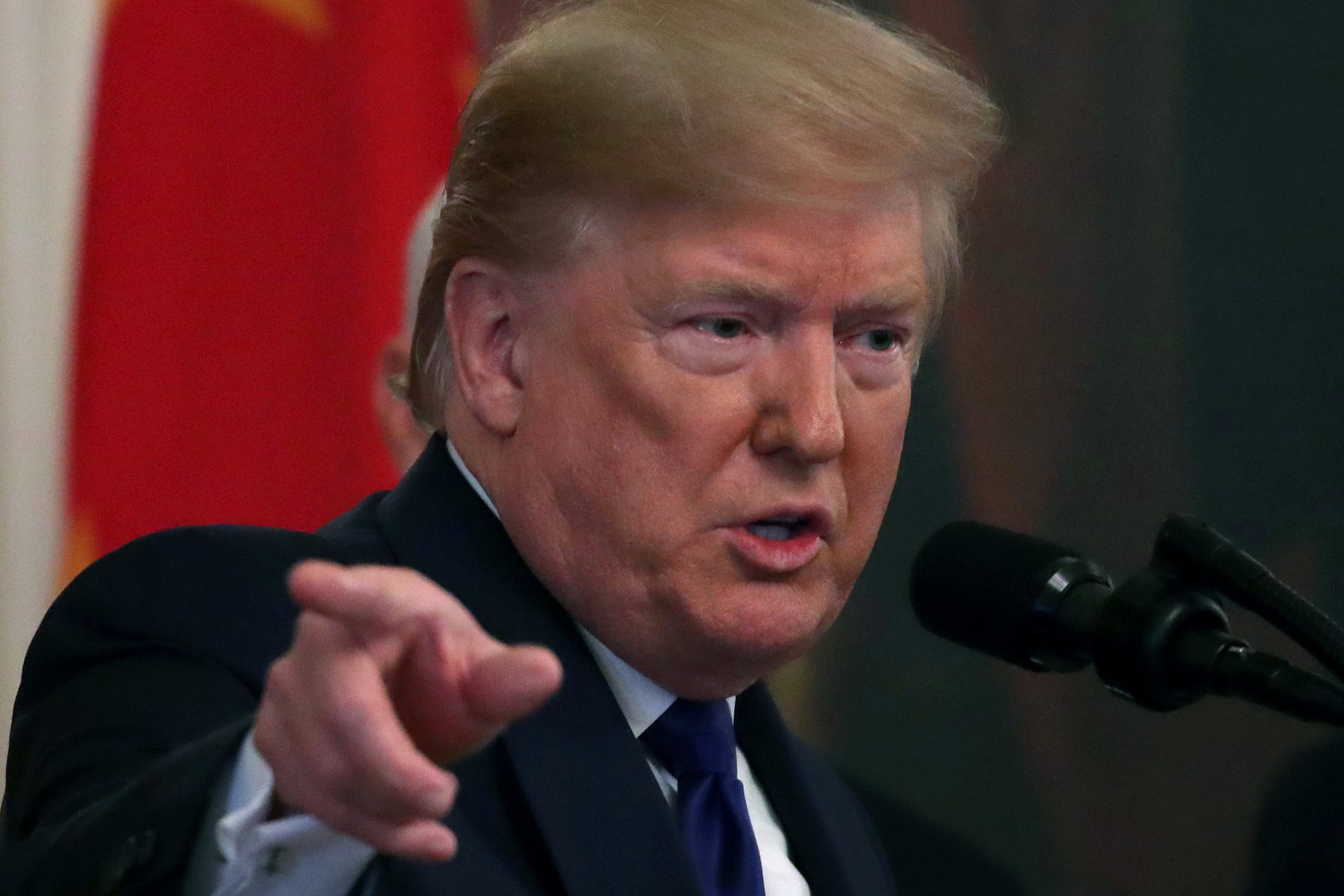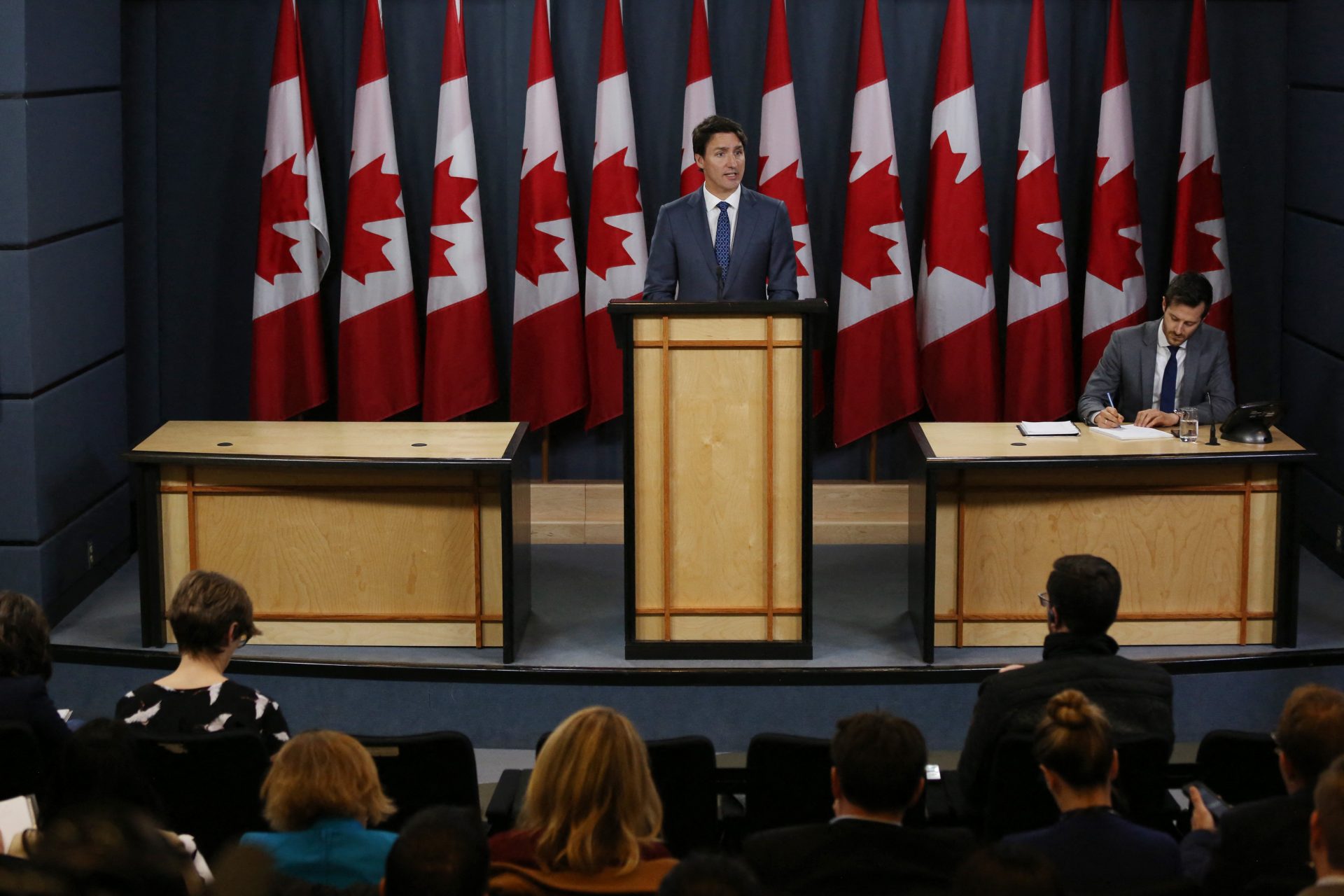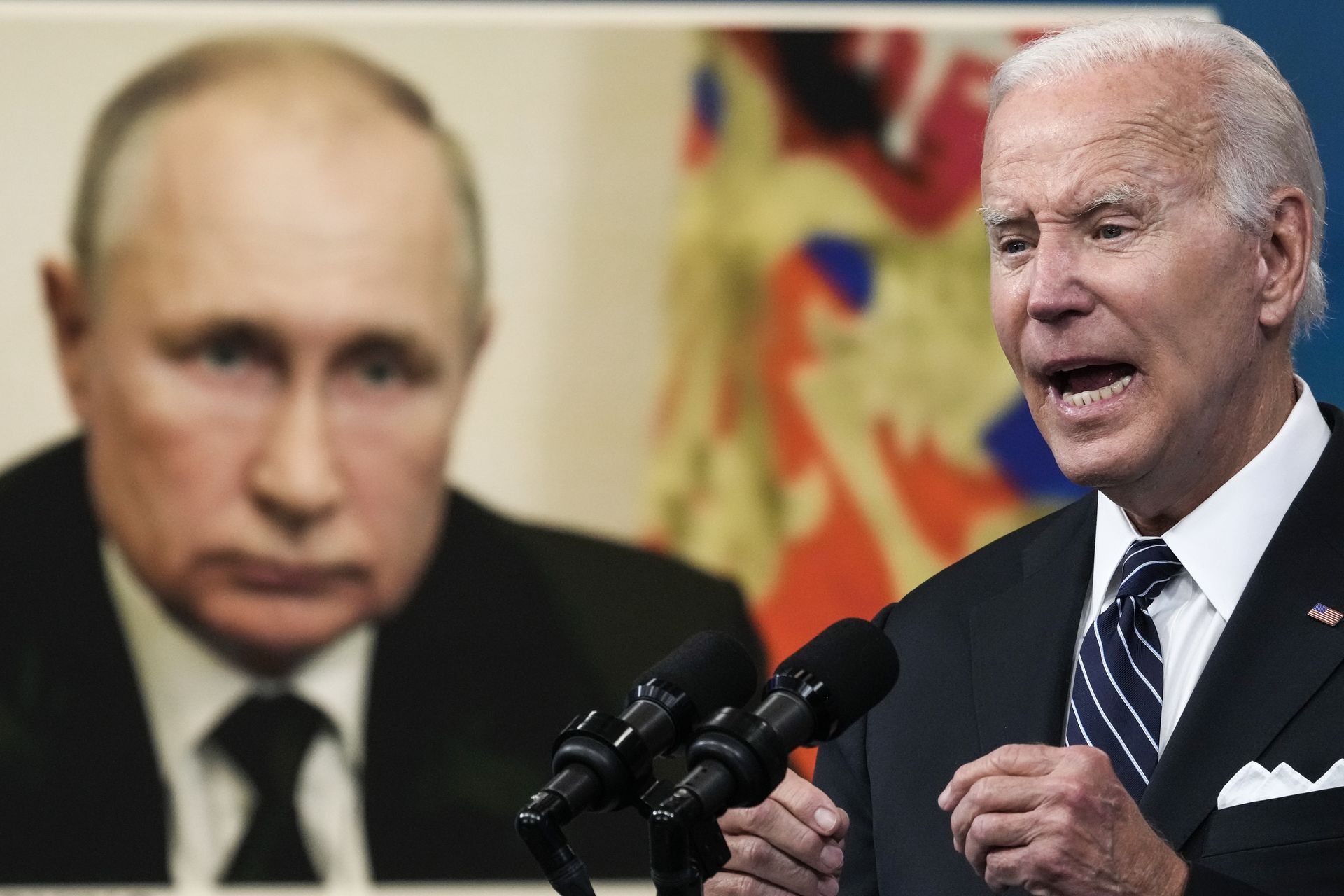The Azov Brigade thanked Biden for allowing them to finally use U.S. weapons
Commander of Ukraine's 12th Special Forces Brigade Azov Colonel Denys Prokopenko thanked the United States for ending its long-standing ban on the brigade that has prevented the National Guard unit from being able to use donated American weapons.
"I would like to congratulate all the soldiers of the 12th Special Forces Brigade Azov and the entire civilized world on the victory over Russian propaganda,” Prokopenko said in a video posted on the Avov Brigade’s social media on June 15th.
Photo Credit: X @azov_media
“I thank the United States of America for their attentive review of this issue and the right decision, which will qualitatively strengthen our unit and, with it, the entire defense and security forces of Ukraine,” Prokopenko went on to add in his video.
Prokopenko also thanked Ukraine's Interior Ministry and the National Guard according to Ukrianska Pravda, as well as everyone who worked in the U.S. Embassy in Ukraine for their support of the Azov Brigade in its fight against Russia.
"You are all true friends of Azov, our reliable support. Azov will never forget [what] you did for us in these difficult times,” Prokopenko stated. “We will justify the responsibility entrusted to us, and with our discipline, resilience, and bravery in battle.”
Prokopenko added that the Azov Brigade would prove the effectiveness of the decision to lift the ban on providing U.S. weapons to its soldiers and said that Avoz’s experience coupled with U.S. weapons would become “a deadly force for the enemy of Ukraine."
Photo Credit: X @azov_media
The Biden administration recently lifted a ban that was placed on Azov in 2017. It was put in place due to concerns about the group’s origins according to The Washington Post, namely that the brigade grew out of far-right nationalist ideology and was accused of being a neo-nazi group.
Newsweek noted the Azov Brigade developed out of the Azov Battalion, which did have its roots in “far-right and ultranationalist ideology,” Avoz’s founders have been accused of being neo-nazis and the group has been fighting against Russia since 2014.
The Avoz Brigade’s current members have rejected any ties with the alleged ideology of its roots and have operated as a unit under Ukraine's National Guard since 2015, yet that didn’t stop Washington from allowing the group to use its donated weapons.
BBC News noted that America’s ‘Leahy Law’ sponsored by then-Senator Patrick Leahy in 1997 can be used to cut off any U.S. military assistance to any foreign military units that have been accused of gross human rights violations.
However, a spokesperson for the U.S. State Department told BBC News that the vetting process for the Azov Brigade “found no evidence of gross violations of human rights” by the bridge, which has allowed Biden to lift the weapons ban on the unit.
"Russian disinformation attempts to conflate Ukraine's National Guard Unit of 12th Special Forces Brigade Azov with a militia formed to defend Ukraine against Russia's invasion in 2014, called the 'Azov Battalion'," the unnamed spokesman explained.
Vladimir Putin has repeatedly cited the alleged racist and ultranationalist elements of the Avoz Brigade as part of his accusations against Ukraine that it is run by neo-Nazis, a claim that the Washington Post reported was reignited when the U.S. lifted its ban.
“We are talking about … ultranationalist armed units,” Kremlin spokesperson Dmitry Peskov said about the Avoz Brigade when news that the United States ban on Avoz using its weapons had been lifted began being reported.
“Such a sudden change in Washington’s position shows that they do not bother with anyone in their attempts to suppress Russia, using the Ukrainian people as a tool in their hands. They are even ready to flirt with neo-Nazis,” Peskov added.
The Azov Brigade became famous throughout the world during the early months of Russia's full-scale invasion of Ukraine for its defense of Mariupol. Azov soldiers were pushed to the city’s industrial steel plant where they eventually surrendered.
The Washington Post reported more than 900 Avoz service members remain prisoners of war as of early May. However, Prokopenko was released in September 2022 under a deal that would see him sit out the rest of the war in Turkey according to Militarnyi.
Prokopenko, also known by his callsign Redis, returned to the fight in July 2023, vowing to fight Russia and focus his efforts on training and equipping Azov.
Photo Credit: Wiki Commons By President.gov.ua, CC BY 4.0
“This war will not end until we return our last soldier from captivity and restore the borders of Ukraine to the state of 1991. I am a soldier. I am not interested in any other areas of activity, except military affairs. My heart, my soul, and my body belong to Azov,” Prokopenko declared.
Never miss a story! Click here to follow The Daily Digest.
Photo Credit: Wiki Commons By Exiik, Own Work, Public Domain
More for you
Top Stories



